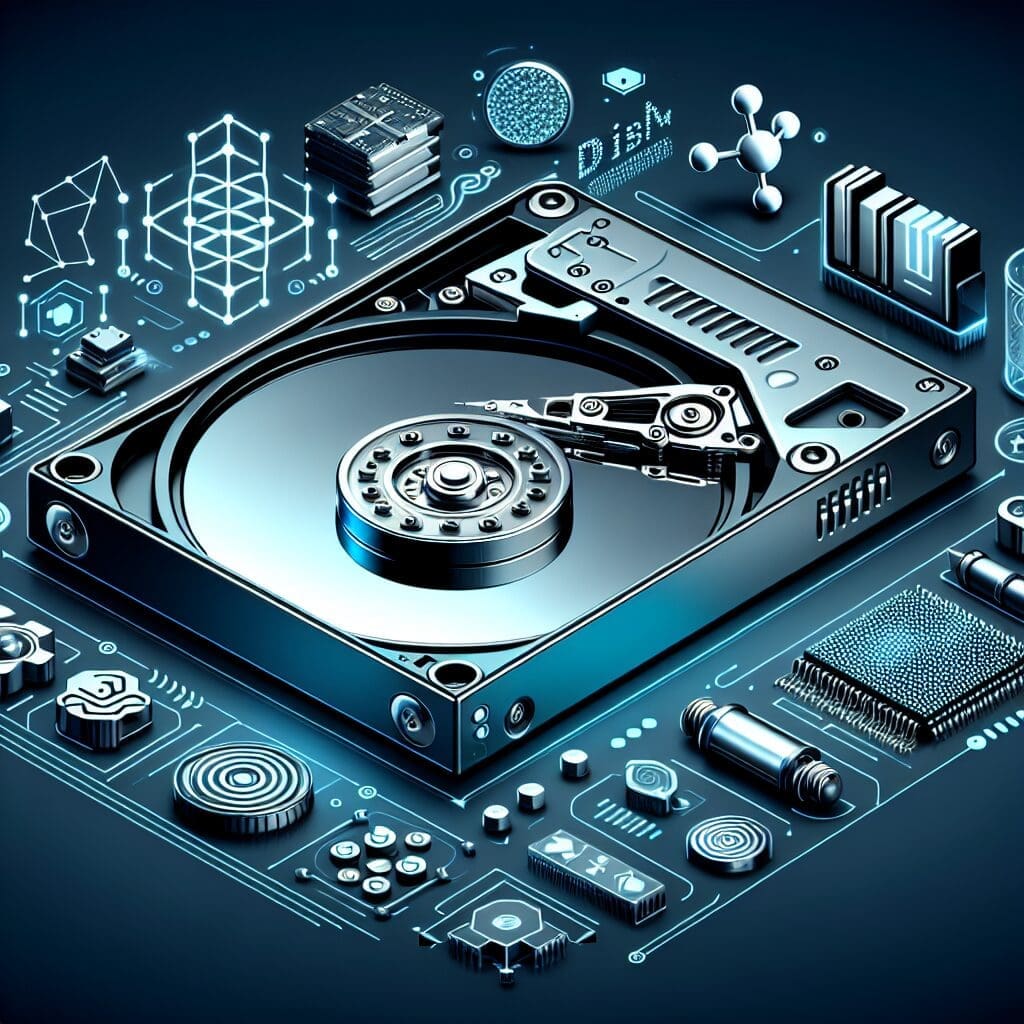Your cart is currently empty!
The Future of Hard Drives: What to Expect in Storage Technology

Written by
Request immediate IT services, talents, equipments or innovation.
In the ever-evolving world of technology, one area that continues to see rapid advancements is storage technology. Hard drives, the traditional workhorse of data storage, have come a long way since their inception and continue to improve in terms of capacity, speed, and reliability. So what can we expect from the future of hard drives? Let’s take a look at some of the trends and innovations that are shaping the next generation of storage technology.
One of the most exciting developments in hard drive technology is the shift towards solid-state drives (SSDs). Unlike traditional hard drives, which use spinning disks to store data, SSDs use flash memory to store information. This results in faster read and write speeds, lower power consumption, and greater durability. As SSDs become more affordable and widely adopted, we can expect to see them become the standard for storage in the near future.
In addition to SSDs, another trend in hard drive technology is the use of helium-filled drives. By replacing the air inside a hard drive with helium, manufacturers are able to reduce friction and turbulence, resulting in higher storage capacities and lower power consumption. Helium-filled drives are already being used in data centers and enterprise environments, and it is likely that they will become more prevalent in consumer devices as well.
Another area of innovation in hard drive technology is the use of shingled magnetic recording (SMR). SMR allows for higher data densities by overlapping tracks on the disk, enabling manufacturers to increase storage capacities without increasing the physical size of the drive. While SMR drives may not be as fast as traditional hard drives, they offer a cost-effective solution for storing large amounts of data.
Looking further into the future, we can expect to see even more advancements in hard drive technology. One area that is currently being explored is the use of heat-assisted magnetic recording (HAMR). HAMR uses a laser to heat the surface of the disk, allowing for higher data densities and greater storage capacities. While HAMR drives are still in the early stages of development, they show promise for the future of storage technology.
Overall, the future of hard drives is bright, with advancements in SSDs, helium-filled drives, SMR, and HAMR all contributing to faster, more reliable, and higher-capacity storage solutions. As technology continues to evolve, we can expect to see even more innovations in storage technology that will revolutionize the way we store and access data. The future of hard drives is indeed an exciting one, and we can’t wait to see what the next generation of storage technology will bring.
List your services, equipments or CV, advertise using our portal for free
Discover more from Zion AI: Free Marketplace for Talents, Tech Jobs, Services & Innovation, Sign-up for free
Subscribe to get the latest posts sent to your email.

Leave a Reply
You must be logged in to post a comment.